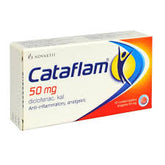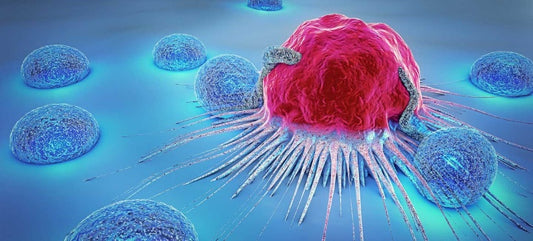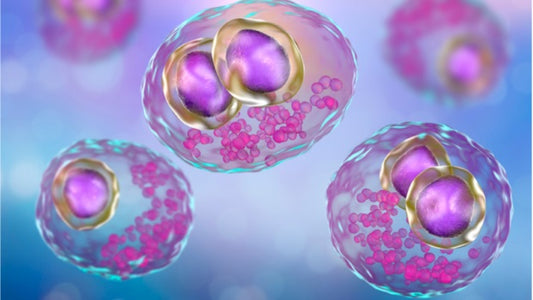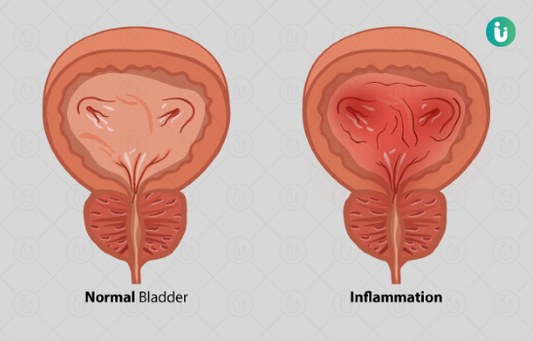featured Cardiomyopathy
On by ZimSeller Pharmacy 0 comments
Carbon monoxide poisoning
On by ZimSeller Pharmacy 0 comments
Cancer
On by ZimSeller Pharmacy 0 comments
Caesarean section
On by ZimSeller Pharmacy 0 comments
CABG
On by ZimSeller Pharmacy 0 comments
Cytomegalovirus (CMV) infection
On by ZimSeller Pharmacy 0 comments
Cystitis
On by ZimSeller Pharmacy 0 comments




















